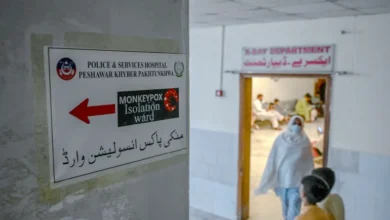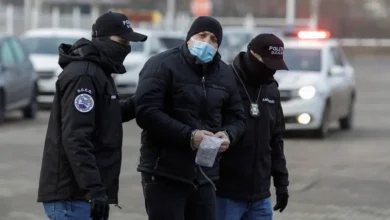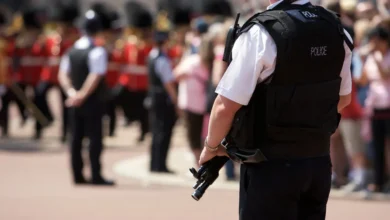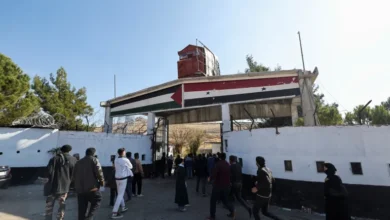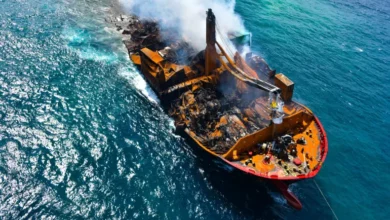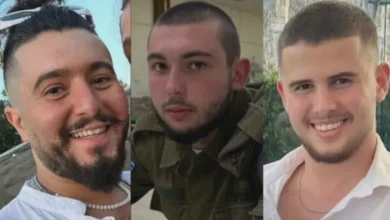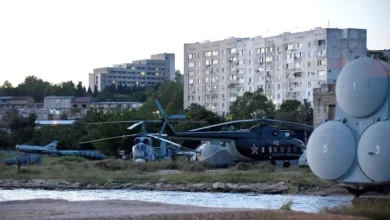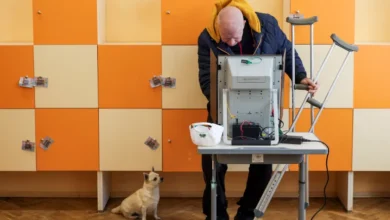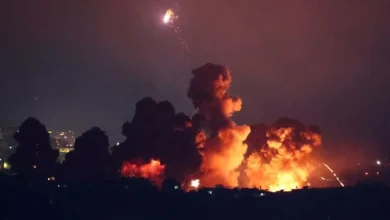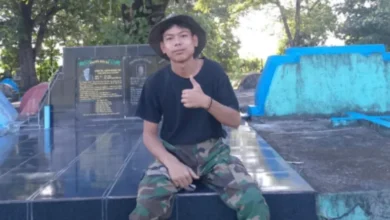Altruism, opportunism or both: What pushed South Africa to ICJ over Gaza?
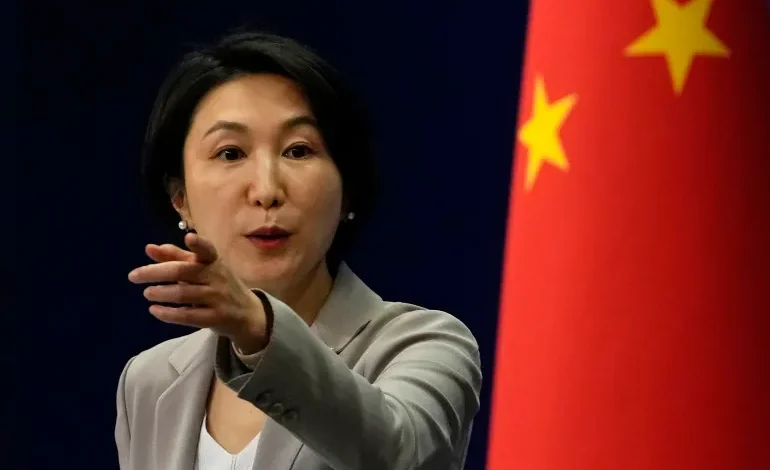
Last week, South Africa began the unprecedented step of asking the International Court of Justice (ICJ) in The Hague to rule on whether the continuing violence and humanitarian tragedy unfolding in Gaza amounts to genocide.
South Africa’s taking on Israel has confounded many within and outside both countries including those who have applauded the move.
But for years, South Africa has been unequivocal in their support for the Palestine cause, despite backlash from the white-majority Democratic Alliance (DA), the largest opposition in South Africa.
To fully understand Pretoria’s passionate support of the Palestinian cause, one has to first understand the relationship between the late Nelson Mandela and the African National Congress with Yasser Arafat’s Palestine Liberation Organization, analysts say.
Both organisations supported each other’s cause and Mandela, in a television interview in the United States in 1990, once described Arafat as a “comrade in arms”.
“When we were under apartheid rule, the people of Palestine showed solidarity to us,” said political analyst Levy Ndou. “Remember, we only got out of apartheid 30 years ago, and we know what it did to us, and when we see human rights abused like what is happening in Israel, we have to act.”
On January 14, the ANC celebrated the 112th anniversary of its formation as a liberation movement. At the annual celebration which usually sets the political tone and agenda for the country for the year, Ramaphosa again reiterated the party’s stance on the Palestinian issue.
“The ANC has always stood side by side with the Palestinian people in their struggle
for self-determination because, like we were before 1994, they, too, are faced with a
brutal apartheid regime. President Nelson Mandela famously declared that our own
freedom as South Africa was incomplete without the freedom of Palestine.”
A shared indignation
In its 84-page submission to the ICJ, South Africa argues that Israel is violating its
obligations under the 1948 Geneva Conventions on the prevention and punishment of genocide.
The ANC has also reiterated its call for an immediate ceasefire in the assault on
Gaza, the opening of corridors so that humanitarian assistance can reach those in
dire need as well as the release of hostages and political prisoners. But it – and Ramaphosa – have also called for a two-state solution respecting the 1967 borders.
On the home front, the party leadership has argued, to its supporters, that as South Africans have been living in a “free and democratic society” for 30 years after the fall of apartheid, the responsibility to help Palestine is necessary.
“We tremble with indignation as we witness the injustice against the people of Palestine,” Ramaphosa told party supporters in January.
His indignation is a shared one.
Ndou told Al Jazeera that the country and its people still “carry the scars of apartheid” and
that the majority of South Africans believe that the people of Palestine deserve their
freedom as well.
Since the October 7 Hamas attack and the bombardment of Gaza, South Africans
from all walks of life have held daily vigils and protest marches, piling pressure on the Ramaphosa government to act. Several activist groups including Africa4Palestine also demanded concrete action including cutting diplomatic ties with Israel.
The disaster response nonprofit Gift of the Givers Foundation, which has offices in parts of Africa and the Middle East, has said it has thousands of trucks, medics and aid workers on standby to enter Gaza if more humanitarian aid is allowed into the enclave.
In November, a motion introduced by the left-wing Economic Freedom Fighters (EFF) to close the Israeli embassy in South Africa, was adopted by the country’s parliament. The ANC’s chief whip Pemmy Majodina told parliament that the country had to suspend all diplomatic relations with Israel until a ceasefire was agreed upon and Israel committed to binding United Nations negotiations.
Renowned anti-apartheid activist, politician, and scholar Allan Boesak told Al Jazeera that the ICJ action was the outcome of persistent pressure from the people of South Africa.
“The ICJ case is a great thing, and apart from credit to the South African government, credit has to go to the people,” he said. “We have been on the streets for weeks before Ramaphosa and the government even thought of doing anything.”
Others say the case represents a clear stance of getting the international community to ultimately act on the conflict.
“This continent took on the mighty Israel; we stood up and that is thanks to Cyril [Ramaphosa], [foreign minister] Naledi [Pandor], and the government,” Imtiaz Sooliman, head of Gift of the Givers, told Al Jazeera.
He said the West often views Africa as a “backward continent” without the capacity to contribute or lead in meaningful change. On this basis and given Israel’s strong standing as a military, economic and cultural superpower, South Africa has been brave in going to the ICJ, he said.
“Remember, when you take on Israel, you take on the Zionist capital might economically,” Sooliman added.
